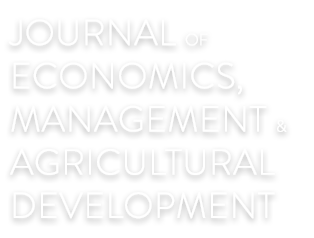Authors
ABSTRACT
This paper aims to examine changes in pig farming practices that can improve food safety of pig products in Vietnamese smallholder pig production. The study covered 615 pig households, which were analyzed using descriptive statistical analysis. Results show that there is an increased trend of using own-produced piglets because farmers can apply strict vaccine scheme for their piglets. The percentage of farmers applying vaccine in pig production varies much depending on the type of diseases and location. Besides vaccine, farmers follow good farming practices such as applying “all-in all-out” rule, isolating new pigs, spraying disinfectant and cleaning pig barn regularly, and restricting visitors away from the pig pens.
T-test results show that there are significant differences in some farming practices between the two provinces considered in the study. In general, farmers in Hung Yen adopt better production practices than farmers in Nghe An in terms of preventing pig diseases and dealing with sick and dead pigs. However, some farmers are also engaged in risky practices such as slaughtering sick pigs for home consumption, selling sick pigs to slaughterhouses at lower price, and throwing away dead pigs instead of properly disposing them. Increasing awareness of farmers about the importance of adopting good farming practices through training and use of mass media could mitigate food safety and animal health risks from pig production.

